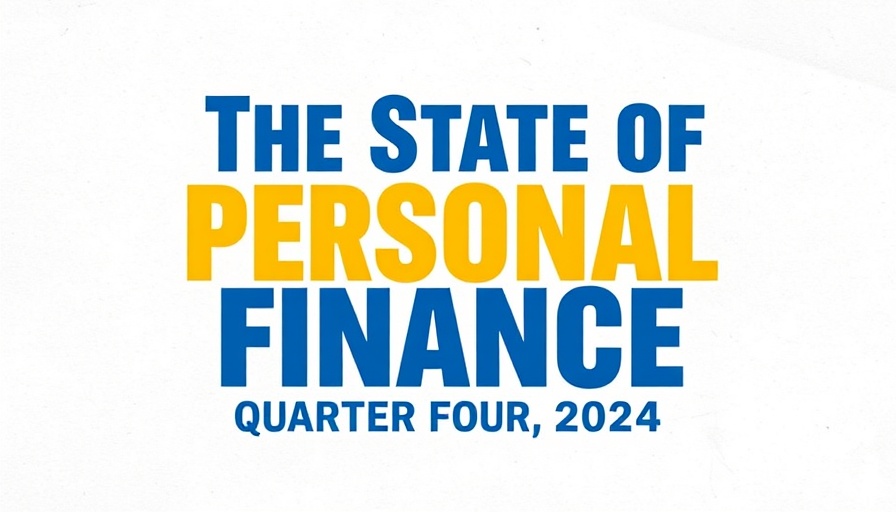
The Impact of the One Big Beautiful Bill on Your Taxes
The recent passage of the One Big Beautiful Bill Act (OBBBA) has shifted the landscape of American taxes significantly. By locking in the benefits of the 2017 Tax Cuts and Jobs Act (TCJA), this legislation covers a wide range of changes that will affect taxpayers for years to come. With its introduction, the bill not only makes past tax cuts permanent but also rolls in new provisions that promise to shape the financial lives of many Americans.
Permanent Tax Cuts: What Stays and What Goes?
One of the key features of the OBBBA is the permanence of lower tax rates. This means that taxpayers can expect to keep more of their hard-earned money, as the standard deduction is set to stay at a higher level, and the expanded child tax credit, which had been on the chopping block, will continue to provide support for families. However, not all changes are favorable for every taxpayer. As the SALT deduction cap rises temporarily to $40,000 (only for select income levels), some families might find themselves benefiting during a specific time, while others could miss out entirely due to phased-out benefits.
Temporary Benefits for Working Americans
The bill introduces some new, albeit temporary, tax breaks for diverse worker categories: seniors, tipped workers, and hourly employees. Seniors could claim a new temporary deduction, while tipped and hourly workers can deduct certain work-related earnings until 2028. These provisions aim to provide immediate financial relief; however, they add another layer of complexity to an already intricate tax system.
The Bigger Picture: Rising National Debt
While taxpayers may enjoy immediate benefits from the OBBBA, there’s a lingering concern regarding its financial implications. The Congressional Budget Office (CBO) estimates that the legislation could contribute over $3 trillion to the national debt by 2034. With government spending on non-tax-related initiatives such as border security and investment accounts for newborns factored in, it raises broader questions about the sustainability of such expenditure amidst rising deficits.
Understanding Implications for Tax Planning and Budgets
Given these changes, how should families approach their budgets moving forward? Understanding the details of OBBBA is vital for effective tax planning. Families might consider engaging in side hustles to generate extra money, as they adjust to shifts in their effective tax rates. The new landscape emphasizes the importance of smart saving strategies, encouraging individuals to be proactive as they assess their financial situations.
How the Law Affects Tax Filing in 2025
As taxpayers prepare for the upcoming year, they must be ready for what filing their taxes will look like under this new legislation. Keeping meticulous records and being aware of changes that could impact deductions or eligibility for credits can make a significant difference during tax season. For those newly eligible to file, ensuring that all aspects of their earnings are accounted for will be crucial to maximizing tax returns.
Navigating the Changes: Future Predictions
As we look ahead, experts predict that the effects of the One Big Beautiful Bill will ripple through various sectors, including housing and investments. As some credits phase out, such as those for electric vehicles and home energy upgrades from late 2025, consumers may start looking for alternatives to navigate these restrictions while still maintaining a steady course towards financial security.
Taking Action Now
The One Big Beautiful Bill represents significant changes in the tax landscape, but knowing how to navigate these changes can empower taxpayers. Families should assess their financial decisions in light of these new tax laws. Adjusting budgets and exploring ways to increase income through side hustles may just be the smart approach to staying ahead.
Stay informed and take action to make the most of your financial situation in light of the OBBBA. Seek resources and educate yourself about budgeting and saving strategies—they might prove invaluable as you navigate your tax obligations.
 Add Row
Add Row  Add
Add 




Write A Comment